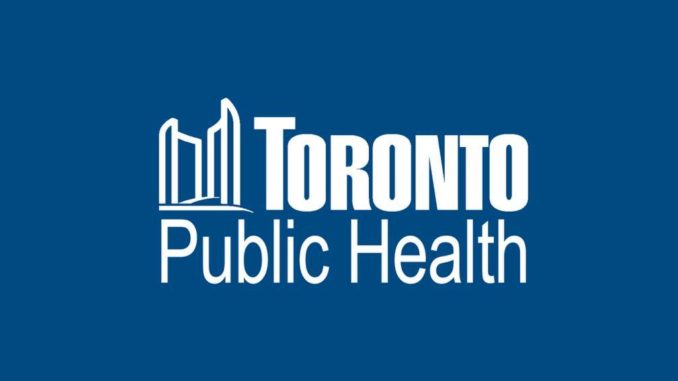
The City of Toronto is adjusting some programming in response to the Special Air Quality Statement in effect for Toronto. While most City services are continuing uninterrupted, changes to City-run daycare operations and adjustments to some recreation and cultural programming are listed below.
Toronto Public Health Advice and Guidance
In keeping with the advice from Health Canada and the Ministry of Health, Toronto Public Health encourages residents to use Canada’s Air Quality Health Index (AQHI) as the information source for monitoring air quality and health risks in the city.
The AQHI is updated throughout the day, gives a forecast for the next day and offers specific health advice to the general population and individuals at higher risk of health problems. The AHQI can be accessed on Canada’s Air Quality Health Index website: http://www.airqualityontario.c
As of 8 a.m. today, the forecasted air quality conditions for Toronto will be within an AQHI of 10 or less. The AQHI provides health advice and guidance, which are available on the AQHI website: http://www.airqualityontario.c
Certain individuals, including seniors, pregnant individuals, infants and young children and those with chronic heart or lung conditions are at a higher risk of health problems when exposed to air pollution. Additionally, people who work or exercise outdoors face an increased exposure and risk of health effects from air pollution, particularly from wildfire smoke.
The AQHI is a valuable tool for assessing air quality and determining appropriate actions. When the AQHI is moderate or high, the AQHI gives advice to the general population and at-risk populations about outdoor activities. For organizers of outdoor events, it is important to consider several factors when making decisions about holding, continuing or modifying an event. These factors include assessing the AQHI, determining whether participants are in an at-risk group for health effects of air pollution and evaluating the intensity of activities planned for the event. Prompt action to stop outdoor activity should also be taken if participants begin experiencing symptoms.
Exposure to air pollutants can result in various symptoms, such as irritated eyes, increased mucus production, coughing and difficulty breathing. If people experience these symptoms when the AQHI is moderate or high, they can reduce their outdoor physical activities and follow the health messages from the AQHI. If closing windows and doors at home to keep smoke out, residents should ensure that it does not get too warm because exposure to too much heat can also cause illness.
Toronto Public Health encourages people to be aware of their own sensitivity to air pollution. People can assess their sensitivity by considering personal experiences, symptoms, age, health status and level of outdoor activity and then take appropriate measures to safeguard their health.
Impacts to City services
Toronto Emergency Management monitoring
Toronto Emergency Management (formerly the Office of Emergency Management), the City division responsible for emergency management in Toronto, is working with City divisions and agencies to monitor the impacts of poor air quality on City services and critical infrastructure.
Recreation programs
Where possible, City-run outdoor recreation programs will be modified by moving indoors based on recommendations from Toronto Public Health. Program registrants will be contacted directly if there are any program cancellations or other changes. City sport fields, baseball diamonds and parks remain open and available.
Toronto Early Learning & Child Care Centres
The City has suspended outdoor activities at its directly operated Toronto Early Learning & Child Care Centres in line with measures taken by Toronto school boards. Parents and guardians are being updated directly about program impacts for the duration of the Special Air Quality Statement.
Toronto History Museums
Where possible, City-run outdoor museum programs will be modified (moved indoors) based on Toronto Public Health air quality alerts. Program registrants will be contacted directly if there are any program cancellations or other changes.
Supports for people experiencing homelessness
The City continues to offer a number of services to help individuals experiencing homelessness. This includes approximately 9,000 shelter spaces and a network of drop-in programs located across Toronto. People looking to learn more or access space are encouraged to visit www.toronto.ca/homelesshelp.
Staff have been reminded to follow direction in the Toronto Shelter Standards (section 8.7) and Toronto Respite Standards (section 6.5) related to extreme weather which include temporarily suspending all service restrictions and relaxing admission eligibility requirements.
The City’s Streets to Homes community outreach team is continuing to connect with those living outside to conduct wellness checks, provide water and encourage people to come indoors.
The City’s Heat Relief Network also provides an all-summer response that maximizes existing City and community resources to protect residents from the heat. The network consists of more than 550 accessible cool spaces that are available for people to use throughout the summer to beat the heat and also in situations like this. All available locations can be found by visiting www.toronto.ca/CoolSpaces.
SOURCE City of Toronto

Leave a Reply